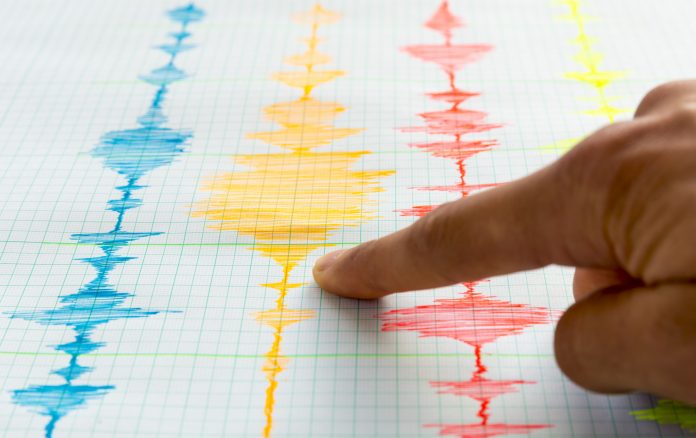In a development, researchers at The University of Texas at Austin have harnessed the potential of AI-powered earthquake forecasting, offering hope for mitigating the destructive impact of seismic events
During a seven-month trial in China, an AI algorithm was trained to detect statistical anomalies in real-time seismic data and historical earthquake records.
This development is set to improve swift aid response after earthquakes, which is most definitely a huge milestone.
AI-powered earthquake forecasting scores 70% accuracy
The AI accurately predicted 70% of earthquakes a week in advance, with 14 forecasts coming true within 200 miles of their estimated locations and matching their anticipated magnitudes. However, it issued eight false warnings and missed one earthquake.
A remarkable milestone in earthquake prediction
The results represent a significant step forward in pursuing AI-driven earthquake forecasting, a long-standing challenge. Sergey Fomel, a research team member, referred to earthquake prediction as the “holy grail” and noted that while global forecasts are not yet within reach, the study demonstrates the problem’s solvability in principle.
AI Triumphs in international contest
The AI developed by the University of Texas took first place among 600 other designs in an international competition in China. Yangkang Chen, a seismologist and the AI’s lead developer led UT’s winning entry. Their findings have been published in the Bulletin of the Seismological Society of America.
Aiding preparedness for earthquakes worldwide
Earthquakes strike suddenly, leaving no time for preparation. Despite the challenges, a 70% prediction accuracy could substantially reduce economic and human losses, significantly enhancing global earthquake preparedness.
Researchers believe that in regions with robust seismic monitoring networks, such as California, Italy, Japan, Greece, Turkey, and Texas, the AI’s success rate could improve, providing more precise predictions within a few tens of miles.
Integrating physics and data-driven approaches
The researchers plan to test the AI in Texas, which experiences frequent minor and moderate-magnitude earthquakes.
The state’s comprehensive seismic network and extensive records make it an ideal testing ground. Ultimately, the team aims to combine physics-based models with data-driven methods to create a generalised earthquake prediction system applicable worldwide.
This research marks a significant stride toward achieving that goal. The bureau’s director, Scott Tinker emphasised that while a comprehensive solution may be distant, such advancements propel science forward.
The project received support from TexNet, the Texas Consortium for Computational Seismology, and Zhejiang University, with the bureau operating as a research unit of the Jackson School of Geosciences.











